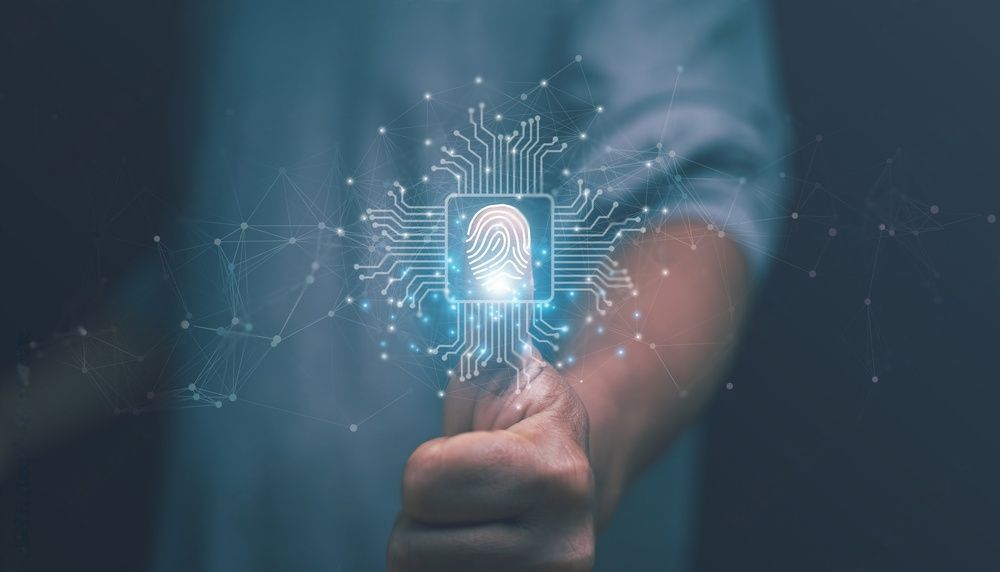The Role of Private Investigators in Solving Cold case
Introduction
Key Steps in Solving Cold Cases
A. Case File Review
A case file review is a systematic and comprehensive examination of the documentation and records associated with a particular criminal investigation or legal case. This process involves scrutinizing the entirety of the case files, which may include police reports, witness statements, forensic analyses, legal documents, and any other relevant records compiled during the initial investigation.
Key Components of Case File Review:
- Thorough Examination:
- Conducting a detailed analysis of all documents within the case file.
- Examining the information contained in reports, transcripts, and other records.
- Identification of Gaps:
- Identifying any gaps, inconsistencies, or areas where information may be incomplete or missing.
- Recognizing discrepancies that may require further investigation.
- Documenting Findings:
- Systematically documenting and organizing the findings from the review process.
- Creating a coherent and accessible summary of the existing information.

B. Interviewing Witnesses and Persons of Interest
Interviewing witnesses and persons of interest is a crucial investigative process wherein law enforcement officers or private investigators engage in structured conversations with individuals who may have relevant information about a crime or are potential suspects. This method aims to gather firsthand accounts, details, or insights that can contribute to solving a case, particularly in the context of cold cases where previous investigations may not have exhausted all leads.
Key Components of Interviewing:
- Revisiting Individuals:
- Recontacting individuals who were previously interviewed during the initial investigation.
- Reassessing the information they provided and identifying any new details.
- Specialized Interview Techniques:
- Utilizing specific interviewing methodologies, such as cognitive interviewing, to enhance memory recall and obtain more accurate information.
- Adapting the approach based on the individual’s demeanor, level of cooperation, and emotional state.
- Extracting Additional Information:
- Extracting new information that may not have been disclosed during the initial interviews.
- Encouraging witnesses or persons of interest to share details they might have held back or forgotten.
Leveraging Technology in Cold Case Investigations
Digital forensics , also known as computer forensics, is a specialized branch of forensic science that involves the identification, preservation, analysis, and presentation of digital evidence to investigate and prevent cybercrime or other digital-related incidents. This field encompasses the examination of electronic devices, computer systems, networks, and digital storage media to extract, analyze, and interpret data that can be used as evidence in legal proceedings.
Key Components of Digital Forensics:
- Identification of Digital Evidence:
- Recognizing and identifying potential digital evidence, including files, documents, emails, logs, and metadata.
- Preservation of Digital Evidence:
- Employing techniques to preserve the integrity of digital evidence to ensure that it remains unaltered throughout the investigation.
- Data Recovery:
- Utilizing specialized tools and methods to recover deleted, hidden, or damaged digital data from storage devices.
B. Surveillance Techniques
Surveillance Techniques Definition:
Surveillance techniques refer to the systematic and covert observation of individuals, locations, or activities to gather information, monitor behavior, or investigate potential threats. Surveillance can be conducted through various methods, utilizing technology, human resources, or a combination of both to discreetly collect data for analysis and decision-making.
Key Components of Surveillance Techniques:
- Physical Surveillance:
- Covert Observation:
- Utilizing undercover agents or investigators to visually monitor subjects without their knowledge.
- Vehicle Tracking:
- Following targets using discreet methods, often involving the use of unmarked vehicles.
- Covert Observation:
- Electronic Surveillance:
- Closed-Circuit Television (CCTV):
- Deploying video cameras in strategic locations to monitor activities in real-time or record footage for later analysis.
- Wiretapping and Eavesdropping:
- Intercepting and monitoring electronic communications, such as phone conversations or digital messages.
- Closed-Circuit Television (CCTV):
- Technical Surveillance:
- GPS Tracking:
- Using Global Positioning System (GPS) technology to track the movement of vehicles or individuals.
- Spyware and Malware:
- Employing malicious software to monitor and gather information from electronic devices.
- GPS Tracking:

Case Reconstruction and Timeline Analysis
Case reconstruction and timeline analysis in the context of investigations involve the systematic examination and organization of information to create a chronological sequence of events related to a specific incident or crime. This process aims to reconstruct the series of actions, occurrences, and interactions that occurred before, during, and after the event. Timeline analysis is a critical aspect of investigative work, providing investigators with a structured framework to understand the unfolding of events and identify key moments in a case.
Key Components of Case Reconstruction and Timeline Analysis:
- Chronological Reconstruction:
- Developing a detailed and accurate chronological order of events based on available evidence and information.
- Identifying Critical Points:
- Pinpointing crucial moments or turning points in the sequence of events that may have significance to the investigation.
- Scrupulous Documentation:
- Documenting each event, action, or observation with precision, ensuring accuracy in the reconstruction process.
Benefits of Private Investigator Independence
- Objectivity in Analysis:
- Private investigators operate independently, providing an unbiased perspective on cases without the influence of organizational or institutional biases. This objectivity can lead to more impartial and accurate findings.
- Flexibility to Revisit Leads:
- Independence allows private investigators to revisit leads or aspects of a case that may have been overlooked or not fully explored during the initial investigation. This flexibility can uncover new insights and perspectives.
- Tailored Investigative Approaches:
- Private investigators have the autonomy to tailor their investigative approaches based on the unique characteristics of each case. This adaptability can lead to more effective strategies suited to the specific circumstances.
- Specialized Skill Sets:
- Private investigators often possess specialized skills or expertise in niche areas such as digital forensics, surveillance, or financial analysis. Independence allows them to leverage these skills effectively in a way that aligns with the unique requirements of a case.
- Efficient Resource Utilization:
- Independence enables private investigators to allocate resources efficiently, focusing on the most relevant aspects of an investigation. This targeted resource allocation can lead to cost-effective and time-efficient outcomes.
- Broader Access to Information:
- Private investigators, operating independently, may have the ability to access a broader range of information sources and databases. This expanded access can be critical in uncovering hidden details or connections.
- Risk Management and Mitigation:
- Private investigators can assess and manage risks independently, making decisions that prioritize the safety and confidentiality of their clients. This level of control over risk factors is particularly important in sensitive or high-stakes cases.
- Client-Centric Focus:
- Independence allows private investigators to maintain a client-centric focus, aligning their efforts with the specific needs and objectives of the client. This personalized approach enhances client satisfaction and increases the likelihood of achieving desired outcomes.
Conclusion
In conclusion, private investigators occupy a pivotal role in the realm of investigations, offering indispensable services characterized by independence, expertise, and adaptability. Their significance lies not only in uncovering hidden truths but also in delivering tailored solutions that meet the unique needs of clients. Operating independently, private investigators bring objectivity to their analyses, ensuring unbiased and accurate findings. Their specialized skills, ranging from surveillance to digital forensics, equip them to handle diverse cases with efficiency and precision.
The autonomy of private investigators allows for flexibility in approach, enabling them to adapt swiftly to evolving circumstances. This adaptability, combined with resource efficiency, contributes to timely and cost-effective outcomes. With broader access to information sources, private investigators conduct thorough investigations, ensuring no lead goes unexplored.
Crucially, private investigators prioritize risk management and client-centric focus. They assess and mitigate risks independently, safeguarding client safety and confidentiality. This client-centric approach involves tailoring efforts to meet specific needs, enhancing satisfaction and success in achieving investigative objectives.
Furthermore, private investigators excel in maintaining privacy protection and implementing robust measures to uphold confidentiality for both clients and subjects. Their adaptability to changing dynamics within cases and commitment to timely communication ensure a proactive and transparent investigative process.
In essence, the crucial role of private investigators is rooted in their ability to provide comprehensive, client-focused, and ethical investigative services. Their contributions extend beyond fact-finding, encompassing the protection of interests, resolution of legal matters, and fulfillment of a diverse range of investigative needs. As key players in the pursuit of truth, private investigators navigate complexities with independence and skill, making them invaluable assets in the pursuit of justice and resolution.

















